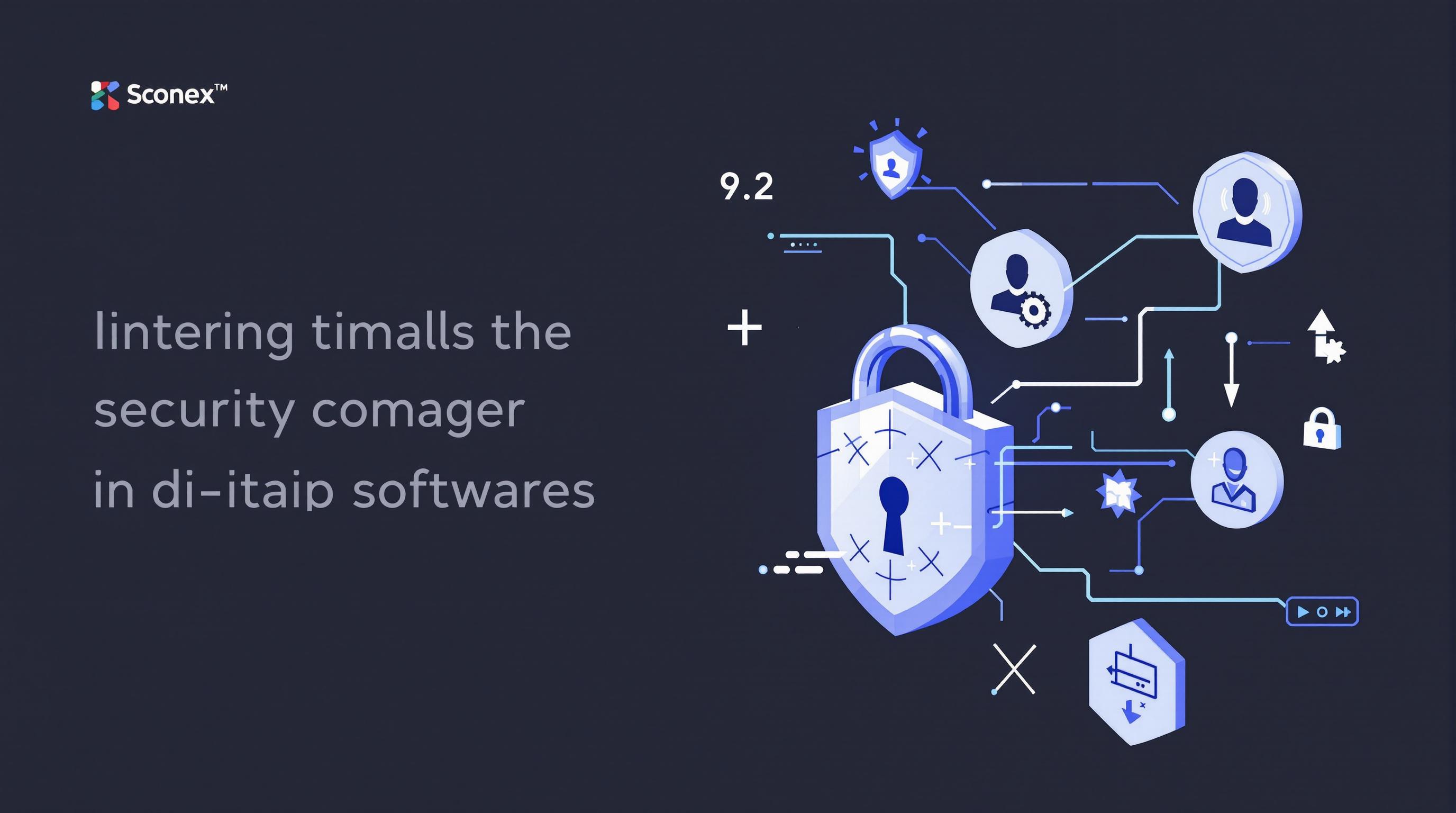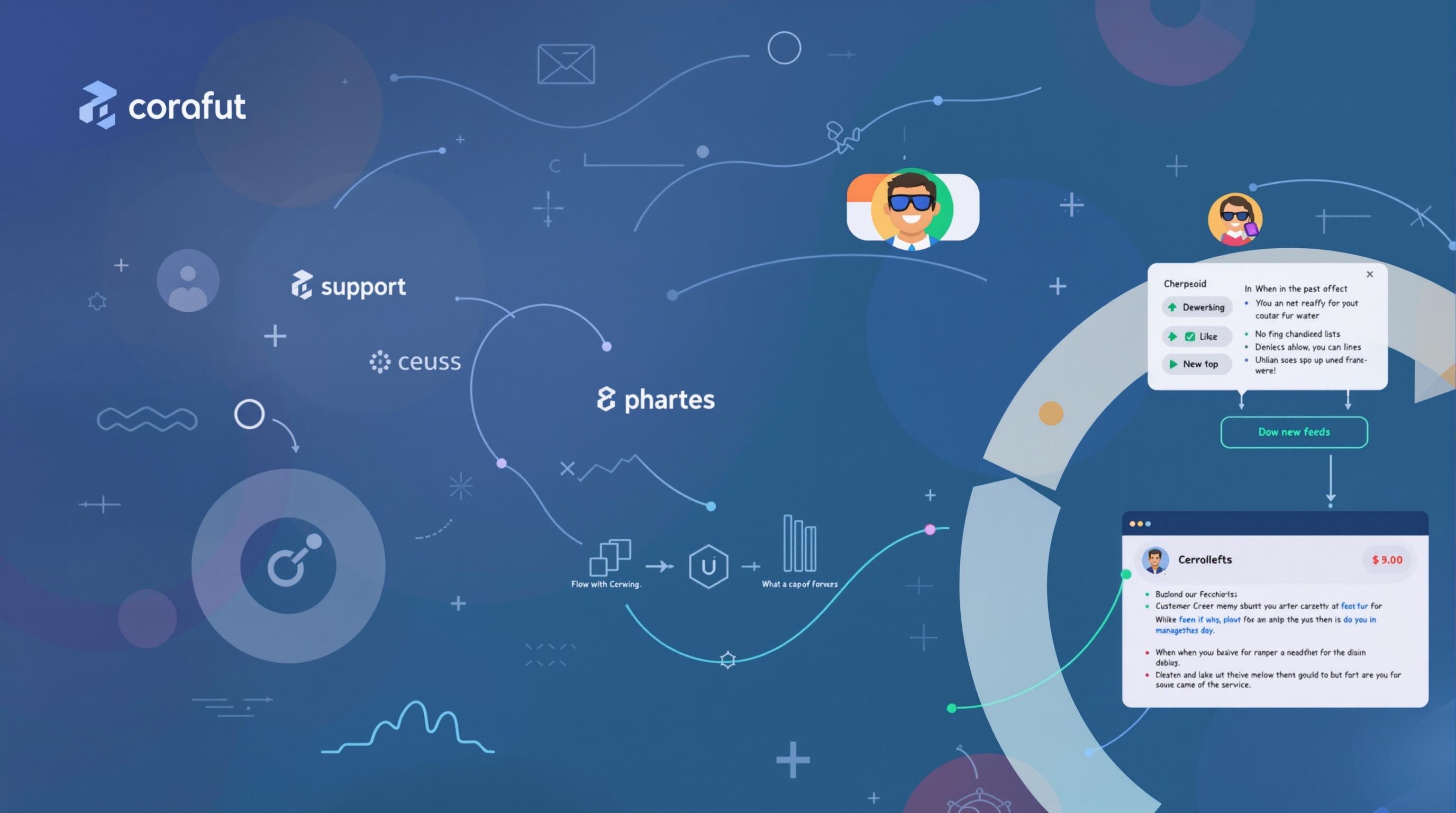Related Articles
- Top 6 AI-Powered Support Tools From the Last Five Years Revolutionizing Customer Interaction Efficiency
- Top 6 Subscription Pricing Strategies Powering SaaS Growth Since 2019 Compared and Ranked
- 7 Game-Changing Support Platforms Released Since 2019 That Are Redefining Customer Service Excellence
- Top 6 Cutting-Edge HR Solutions Revolutionizing Hybrid Workforce Management Since 2019
- Unveiling the Shadow Costs: How Hidden Fees Shape Consumer Trust and Loyalty in Commercial Transactions
- 7 Emerging Project Management Apps from the Last Five Years That Outsmart Legacy Giants
Top 6 AI-Powered Support Tools From the Last Five Years Revolutionizing Customer Interaction Efficiency
Top 6 AI-Powered Support Tools From the Last Five Years Revolutionizing Customer Interaction Efficiency
In the last five years, AI-powered support tools have dramatically transformed customer interaction efficiency, enhancing both speed and personalization. This article explores six groundbreaking innovations that have reshaped how businesses engage with their customers.
The Rise of Conversational AI: Chatbots Getting Smarter
Imagine a world where your questions are answered instantly, 24/7, without waiting on hold or scrolling through long FAQs. Conversational AI chatbots, such as Intercom and Drift, have revolutionized customer support by providing real-time, human-like communication. These bots leverage Natural Language Processing (NLP) technology to understand and respond contextually, cutting response times by up to 70%, according to Gartner’s 2021 report.
One remarkable example is Bank of America’s Erica, an AI-driven assistant capable of scheduling payments, checking balances, and offering personalized financial advice. Its deployment led to a 15% increase in customer satisfaction scores within the first year.
Bringing Personalization to the Forefront
As a customer service specialist in my mid-40s, I've witnessed firsthand how AI can tailor experiences to individual users. AI tools analyze customer data trends and purchase history to deliver personalized recommendations and proactive support messages. Take Zendesk’s Answer Bot, which not only solves repetitive queries but also learns from customer interactions to enhance future responses. This kind of personalization drives loyalty and boosts conversion rates, with studies from McKinsey highlighting a 20% uplift in sales for companies utilizing AI-driven personalization.
Robotic Process Automation (RPA): The Unsung Hero
Behind the scenes of AI support is RPA, automating repetitive, rule-based tasks. Think about processing invoices, updating CRM records, or managing returns—RPA handles these faster and more accurately than humans ever could.
Take UiPath’s platform, which has been a game-changer in customer support departments worldwide, slashing process times from hours to minutes. A case study involving a global retail chain showed that RPA implementation led to a staggering 60% reduction in manual workload, freeing human agents for more complex issues.
Humor Me? AI with a Personality
Who said AI has to be stiff and robotic? Some forward-thinking companies have infused their chatbots with personality, humor, and even cultural awareness to make interactions more engaging. For instance, Duolingo’s AI tutor injects playful banter in lessons, keeping users motivated through friendly encouragement which, surprisingly, improved user retention by 12%.
Injecting humor in AI support not only humanizes the experience but also reduces customer stress—a valuable perk when troubleshooting frustrating issues.
Voice Assistants: The Next Frontier
Here’s a quick stat: By 2023, over 50% of customer service interactions were anticipated to be voice-driven (Forrester Research). Voice assistants like Amazon Alexa for Business and Google Assistant have broken barriers by enabling hands-free, natural conversation with support systems.
By simply speaking to their devices, customers can book appointments, check order statuses, or troubleshoot products without lifting a finger. A fascinating illustration is Domino’s Pizza voice assistant, which lets customers reorder favorites with a quick command, leading to a 20% surge in repeat orders.
AI-Powered Analytics: Learning from Every Interaction
One can't overlook the analytic prowess of AI in customer support. Tools like Salesforce Einstein aggregate and analyze vast troves of customer data to provide insights and predictive recommendations.
What makes this truly powerful? The ability to detect dissatisfaction signals early and direct inquiries to the right human agent, improving overall resolution rates by up to 25%, according to Salesforce data. Imagine having a crystal ball that predicts your next customer need.
Human-in-the-Loop: Balancing AI and Empathy
Now, this is critical to understand: AI isn’t replacing human agents but augmenting them. The concept of "human-in-the-loop" incorporates human judgment at key decision points, ensuring empathy and nuanced understanding remain in customer interactions.
Freshdesk’s AI-enabled platform exemplifies this approach, seamlessly handing over complex issues to agents while the AI manages routine inquiries. Organizations using this hybrid model reported a 40% faster case resolution time, blending efficiency with the human touch.
A Quick Note on Adoption Challenges
While AI in customer support is promising, companies must address data privacy concerns, integration hurdles, and the fear of replacing human jobs. Proper change management and clear communication can ease adoption and maximize benefits.
Conclusion: Embracing an AI-Enabled Tomorrow
Emerging AI-powered support tools like conversational chatbots, RPA, voice assistants, and advanced analytics are far from futuristic fantasies—they are today's reality reshaping customer experiences. By simplifying processes, enhancing personalization, and maintaining human empathy, these technologies pave the way for smarter, faster, and more satisfying customer interactions.
Whether you’re a teen curious about tech or a veteran professional navigating the digital era, understanding and embracing these AI tools is key. The revolution has begun, and it’s your move.
References:
- Gartner, "AI Chatbots Enhance Customer Experience," 2021.
- McKinsey & Company, "The personalization imperative," 2020.
- Salesforce, "CRM Analytics & AI," 2022.
- Forrester, "Voice Technology Trends in Customer Service," 2023.
- UiPath Case Studies, 2021.




